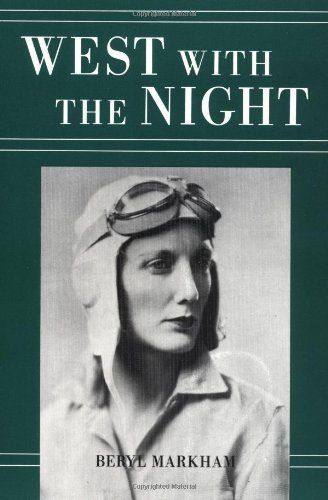
Reviews
Colleen@mirificmoxie
Cindy Lieberman@chicindy
Cindy Lieberman@chicindy
Melody Izard@mizard
Jeremy Anderberg@jeremyanderberg
Sarah Sammis@pussreboots
Elaine Wherry@proofedpudding
Darcy Lambert@mokehil
Francine Corry@booknblues
Laura Mauler@blueskygreenstrees
Andrew John Kinney@numidica
Juliana@soundly
Keven Wang@kevenwang
Bee @izziewithay
Brooks Bradley Leete@brooks
Heather French@hfrench
Todd Gagne@dakotashine
Lloyd Dalton@daltonlp
John I. Clark@ridgwayjohn